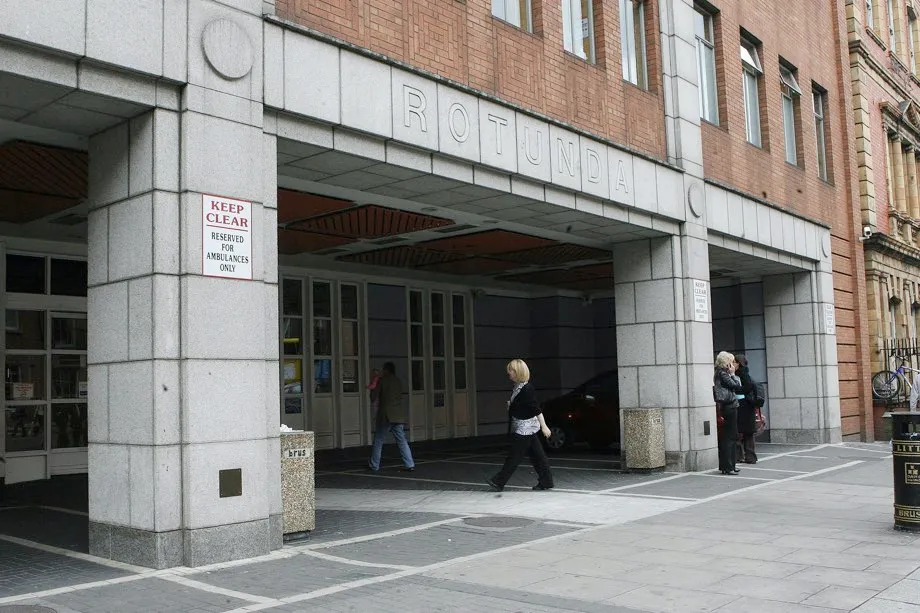Irish scientists are undertaking a new research project to assess whether babies born during the coronavirus lockdown are more likely to develop allergies.
The study will bring together experts from the Royal College of Surgeons Ireland (RCSI) and the Children’s Hospital at Temple Street.
They will examine whether lower rates of viral infections and improved air quality experienced during lockdown are going to make allergic conditions more or less common in children born to families living with social distancing and isolation.
The research will be taken on by clinician scientists at Temple Street and the RCSI’s department of paediatrics.
Read more about the side effects of lockdown:
- Coronavirus: Is lockdown an opportunity for scientific research?
- UK seismic noise 'down by 20 to 50 per cen' during lockdown
- Sleep in quarantine: is the lockdown affecting our dreams?
Jonathan Hourihane, Professor of Paediatrics at RCSI University of Medicine and Health Sciences, is leading the study.
“The lockdown presents a unique scientific opportunity to examine the early origins of often lifelong diseases, issues that constitute a major health and social burden in Ireland and other developed countries,” he said.
Allergic diseases like eczema, asthma, hay fever and food allergies have become more common over the last 30 years. Scientists believe this is the result of decreased exposure to infections, due to smaller family sizes, the introduction of effective immunisations against the most serious infections and community focus on hygiene.
Worsened air quality is also cited as a factor in the increased prevalence of allergies.

Prof Hourihane added: “After birth, a baby’s immune system soon focuses on all the new challenges that life outside the womb brings, including fighting off infections and responding to immunisations.
“We want to see children playing on the floor, getting dirty and being exposed to lots of people in lots of environments. The outcome of this is usually a stronger immune system, linked to a healthy population of gut bacteria, called the microbiome.
“Ireland’s COVID-19 lockdown appears to have reduced the amount of other viral infections, which typically circulate in the community.
“We have seen less than half the usual number of attendances at paediatric emergency departments and rates of seasonal influenza and other late spring upper respiratory viruses seemed much lower than usual during this time.”

The study will involve 1,000 babies born in Ireland between March and May 2020.
Parents of children born during that timeframe in the Rotunda Hospital Dublin and The Coombe Women and Infants University Hospital will be invited to participate.
The study has received start-up funding from the Temple Street Foundation and the Clemens Von Pirquet Foundation, a European allergy charity.
Reader Q&A: Do other animals get allergies?
Asked by: Sachin Patel, Milton Keynes
Yes. Cats, dogs and horses can all develop allergies in much the same way that humans do. There are three main kinds of allergy in animals – food, flea bites and environmental allergies such as grass pollen and mould spores.
Allergies seem to be much more common in domestic pets than in wild animals or farm animals that spend most of their time outdoors. This may be because the more hygienic conditions in human houses leave less work for the immune system and so it gets inappropriately sensitised to normally harmless particles in the environment. Animals typically get more allergic as they get older.
Read more:

